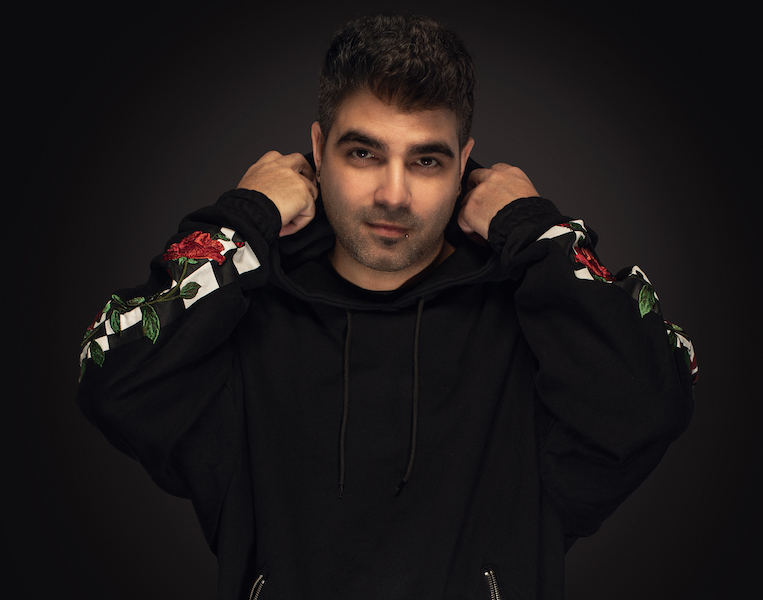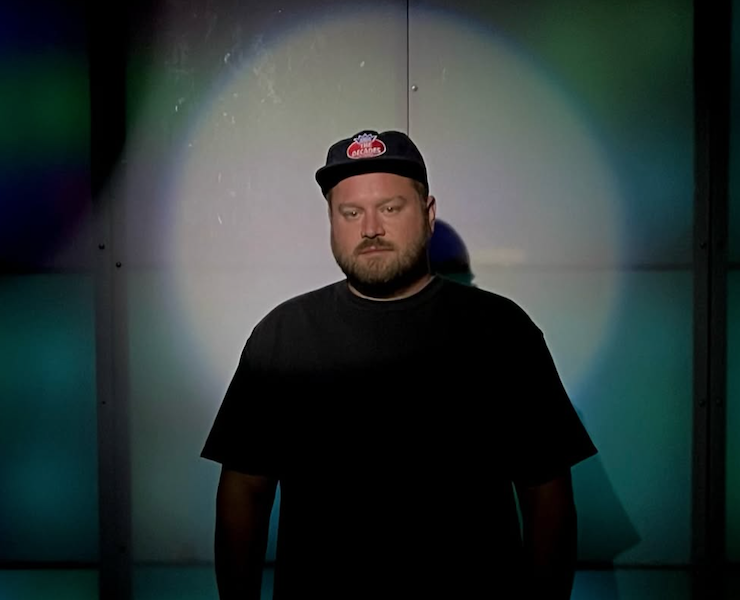Today, for the first episode of the DIPP Industry Insider Series, where we talk to different experts and dial movers operating in the music publishing industry, we’re pleased to have Sébastien Charest. Sébastien is a freelancer specialized in the management of music copyrights. This episode will serve as an introduction of sort, as many concepts and terms explained and explored here will be referenced in future episodes where we’ll address other aspects of music publishing.
Hello Sébastien! First of all, thank you for participating in the series. I think it’s important to get a grasp of the main copyrights in music. From the master recording side to the publishing. How would you go about giving us a rundown of these first?
Yes, sure! You have to understand that when music recorded, there always are two elements involved: a work, written/composed and owned by songwriters, and a sound recording, owned by a master owner, on which singers, vocalists and musicians perform on. On the composition (work) front, songwriters could assign what they own on a track to a publisher who will have the responsibility to maximize the life of the song (by promoting it, administrating it, etc.)
Shifting things back to you, how did you first get into music publishing? Was there a specific moment or aspect of it that made you especially interested in that aspect of the music industry?
I got my first job in the music industry in 2005 as researcher on MusiquePlus’ news show. But my first real contact with publishing was when I was hired as Member Services and Workshop Coordinator at Société professionnelle des auteurs et des compositeurs du Québec, SPACQ (Société professionnelle des Auteurs et des Compositeurs du Québec). My job was, among other tasks, to answer questions from songwriters about SOCAN (Society of Composers, Authors and Music Publishers of Canada) their rights, etc. That’s when I heard about music publishing, the responsibility of a publisher, the elements negotiated in a publishing deal, etc.
Is there a particular aspect in your experience that’s especially badly understood by newcomers in the music publishing space?
I totally understand some songwriters to be scared of a contract that could mention: You will give me 50% of all of your royalties, for the lifetime of copyright (in Canada, it’s 50 years after your death). Their songs are considered as their babies and they have to give it to a company who could do nothing to promote it. I understand it could be frustrating.
But the relationship between a songwriter and a publisher can also be something positive and help the visibility and the amount of royalties earned by the song.
What advice regarding music publishing would you give to an artist who’s just starting out, or even has an established career but has somewhat neglected the music publishing aspect of their career so far?
Publishing is more than submitting tracks to SOCAN. Your music could have been played or streamed over all the world and it’s your responsibility to make sure that you collect all the royalties from the use of your repertoire.
For example some people forget about mechanical royalties.
SOCAN collects royalties for the broadcast or the live performance of your songs, it is a PRO (Performance Rights Organization).
But your songs are also reproduced. That’s why you have to ensure that you also collect your mechanical reproduction royalties. For example, streaming is considered as both a broadcast and a reproduction, a song played on radio is also reproduced (mechanical reproduction royalty) on computers device before being broadcasted (performance royalty).
In Canada, you can mandate two organizations to claim your mechanical rights: SOCAN RR (ex-SODRAC) and CMRRA.
According to you, what are the main pros and cons of doing everything alone in terms of copyrights management as opposed to working with a designated publisher?
As a songwriter, your main focus should be writing songs! Some artists want to retain full control of their of repertoire, so I would suggest that they be their very own publisher (by creating their own company or doing it under their own name). However, they might not be up-to-date regarding new developments and updates in terms of SOCAN online accounts, competitive fees for synchronization licences, etc.
That’s the advantage of working with a publisher (full-publishing deal, co-publishing or a publisher administrator): you are working with a company still aware of the reality of the music publishing ecosystem.
And if artists do choose to work with a publisher, what are the main things to look out for when considering which publisher to work with?
The role of publisher could be separated into two aspects: the promotion of the track and the administration of it. The promotion aspect would be to pitch the track to music supervisors and users to create sync opportunities, making you create with other songwriters, etc.
The administration aspect would be to submit tracks to right societies (like SOCAN), double-check statements to make sure all royalties have been paid for example. Not all publishers are good or specialized in all aspects. As a songwriter, you have to determine first your needs for publishing and find a publisher that will fit them.
Thank you very much for participating in the series Sébastien! What’s on your horizon for the coming months? Where can people find you and get in touch?
Thank you for having me! If some people would like to contact me to hire me as Rights Manager of their repertoire, they can contact me through my Facebook page: https://www.facebook.com/sebcharestgestiondroitdauteur or via Linkedin: https://ca.linkedin.com/in/sebcharest
DIPP is a publishing initiative specialised in Electronic Music, which seeks to provide its select family of artists with the capacity to maximise the financial return from their art. It offers musicians the comprehensive collection of mechanical and performance royalties, whilst also proactively engaging synchronisation opportunities (pairing music with visual content in film/TV, online and beyond).
Artists joining the DIPP family avail of continued promotional support and career guidance from the Dip Network and team, in a manner that enhances trajectory and overall profile in tandem with optimising the value and return from their publishing catalog.
For more info on Dip Publishing contact: [email protected]






